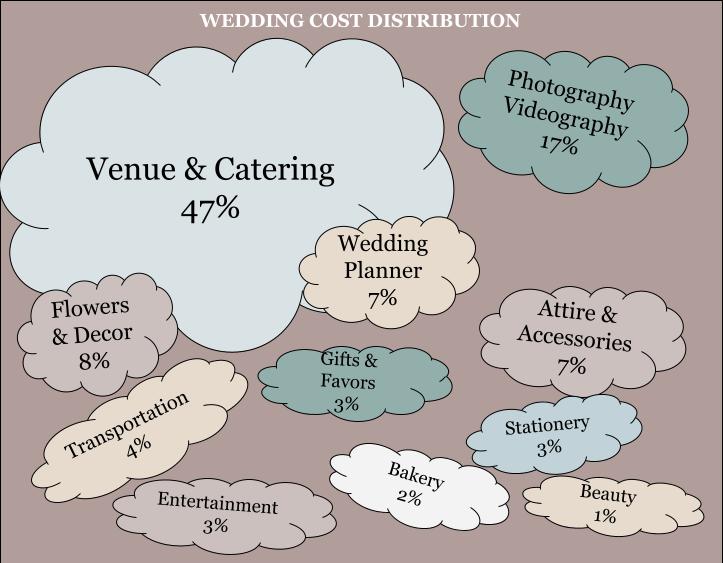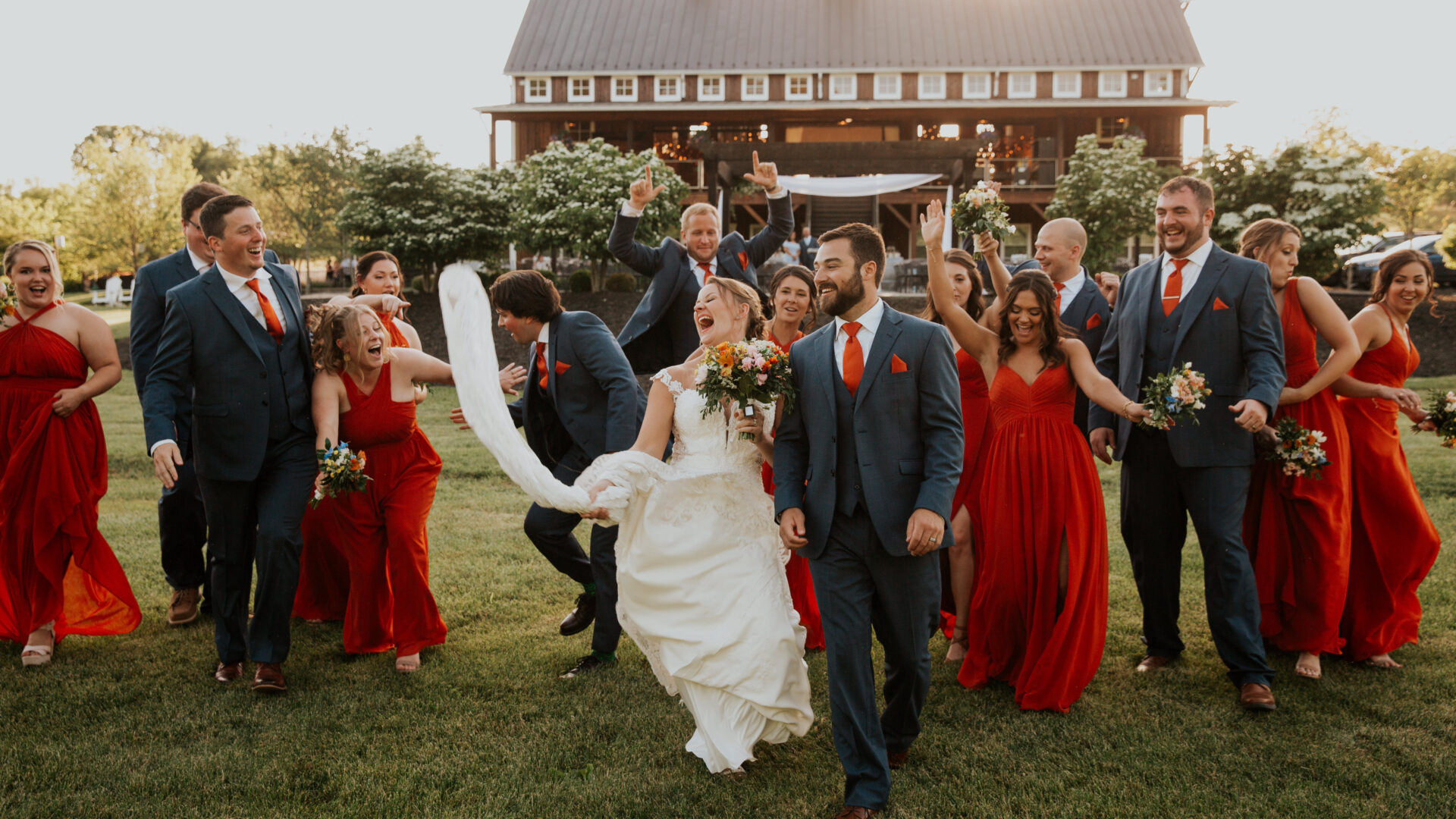Are you trying to figure out how much to budget for your wedding?
Wondering how to allocate funds for each part of the celebration?
Zion Springs has been creating weddings since 2010, and we’re well-placed to guide couples through their planning journey.
In this article, we break down the essentials of wedding budgeting, helping you prepare for your big day. Use our handy guide to estimate costs and distinguish between your “must-haves” and “want-to-haves.” Whether you choose an all-inclusive venue or take a different approach, this guide will set you on the right path.

How to Prepare Your Wedding Budget
Before diving into numbers, some initial planning can save time later. This guide will help you avoid constant adjustments and stay on track.
Consider opening a separate bank account for wedding expenses to easily track spending and remaining funds.
How Much Should You Budget?
In Northern Virginia, the average wedding costs $60,000, compared to the U.S. average of $40,000. Consider where the money will come from—are you paying for it all, or are family members contributing?
Your total budget will shape key decisions, like choosing ribeye over filet mignon or hiring a limo versus borrowing a car. Start by adding up what you’ve saved, contributions from family, and what you’ll save in the coming months.
Set a firm spending limit, especially if using credit cards. If tempted to splurge, adjust other areas or find cheaper alternatives to stay within budget.
Research Wedding Costs in Your Area
Location impacts your budget. Weddings in suburban areas may cost less than those in city centers. Compare prices in your region, and if you're open to traveling, you could save even more. Research and prioritize what matters most to you and your partner.
Prioritize Your Must-Haves
Create a list of up to three non-negotiables, such as a specific venue or date. These are areas where you won’t compromise, but remember that each might come with extra costs.
What to Include in Your Wedding Budget
We’ve provided a printable worksheet below to help you track your wedding expenses. If you choose an all-inclusive venue, many of these may already be covered in the package.
Be sure to include often overlooked costs, like vendor delivery fees, staff gratuities, and taxes, when setting your budget.
Here’s a percentage breakdown to give you an idea of how couples typically allocate their wedding expenses:


5 Factors That Impact Your Wedding Budget
Your budget can be flexible if you’re willing to compromise on certain areas without sacrificing your overall vision. Here are five key factors to consider:
Guest Count
Your budget largely depends on the number of guests, with an average cost of $75 per person. A smaller guest list allows for a more upscale venue. For example, feeding 100 guests costs $7,500, while 200 guests could double that to $15,000.Wedding Party Size
Each additional attendant adds costs for outfits, makeup, hair, and gifts, averaging $2,000 per person. Keeping your wedding party small helps control these expenses.Venue
Venues typically account for 47% of your budget. A stunning location might reduce the need for decorations, especially if it's already beautifully designed, such as during holiday seasons.Date and Season
Summer weddings are pricier due to high demand. Opting for a winter or weekday wedding can save you money.Vendors
Working with multiple vendors can increase costs and stress. An all-inclusive venue can simplify planning and include many services in the package, reducing extra fees for setup, teardown, and gratuities.
Ready to Create Your Wedding Budget?
Planning your wedding budget is one of the first steps in preparing for your big day. With careful planning and discipline, you can enjoy a celebration that stays within your budget.
Use our wedding budget template to track your spending, and for more tips on saving money, visit our Answers and Advice page.
All images in this article are courtesy of our in-house Zion Springs photographer















